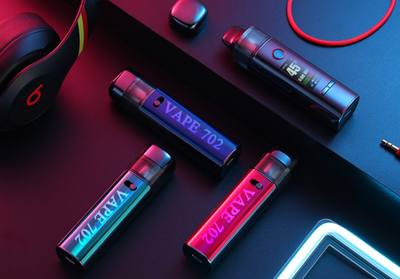for wholesale

Ethical Vaping: Balancing Marketing Strategies with Responsibility
In the ever-evolving landscape of the vaping industry, the pursuit of responsible marketing practices stands as a crucial pillar in maintaining integrity and fostering trust. Ethical considerations play a pivotal role in navigating the fine line between promoting vaping products and ensuring responsible engagement. This article dives into the realm of ethical vaping, examining marketing strategies, concerns, and the role of responsible practices within the industry.
Ethical Considerations in Marketing and Advertising
Marketing strategies within the vaping industry often aim to highlight product features, flavors, and lifestyle associations. However, ensuring these promotions are transparent, accurate, and targeted ethically becomes imperative. From avoiding false health claims to providing clear information about potential risks, ethical marketing sets the groundwork for a responsible industry image.
Addressing Concerns about Youth-Targeted Marketing
One of the primary ethical concerns revolves around the inadvertent targeting of youth in vaping advertisements. The allure of vibrant flavors, sleek designs, and social media presence can inadvertently attract younger audiences. Thus, strict guidelines and self-regulation become essential to prevent the inadvertent promotion of vaping to underage individuals.
Responsible Practices and Ethical Guidelines
Vaping businesses can champion ethical practices by adhering to strict age verification processes, ensuring marketing materials are not designed to appeal to minors, and avoiding misleading claims about health benefits. Transparency in ingredient lists, health warnings, and responsible advertising placement can contribute significantly to an ethical vaping culture.
The Role of Advocacy Groups
Advocacy groups play a pivotal role in shaping ethical standards within the vaping industry. They actively promote responsible marketing practices, advocate for stringent regulations to prevent youth access, and engage in public education campaigns regarding the potential risks associated with vaping. Their efforts strive to align industry practices with ethical standards and responsible conduct.
Fostering an Ethical Vaping Culture
Ultimately, fostering an ethical vaping culture requires collaboration among industry stakeholders, regulatory bodies, advocacy groups, and consumers. It necessitates an ongoing dialogue about the ethical implications of marketing strategies and their potential impact on public health. Encouraging responsible decision-making and emphasizing the importance of ethical guidelines can pave the way for a more transparent and trustworthy industry.
Conclusion
Ethical considerations in vaping marketing are fundamental in maintaining the integrity of the industry while prioritizing consumer well-being. Striking a balance between promotion and responsibility requires a concerted effort from all stakeholders. Ethical vaping doesn't merely entail compliance with regulations; it involves a commitment to fostering a culture that prioritizes transparency, responsibility, and the well-being of all consumers, especially the youth. By navigating these ethical considerations thoughtfully, the vaping industry can build trust and credibility while ensuring responsible engagement with consumers.

